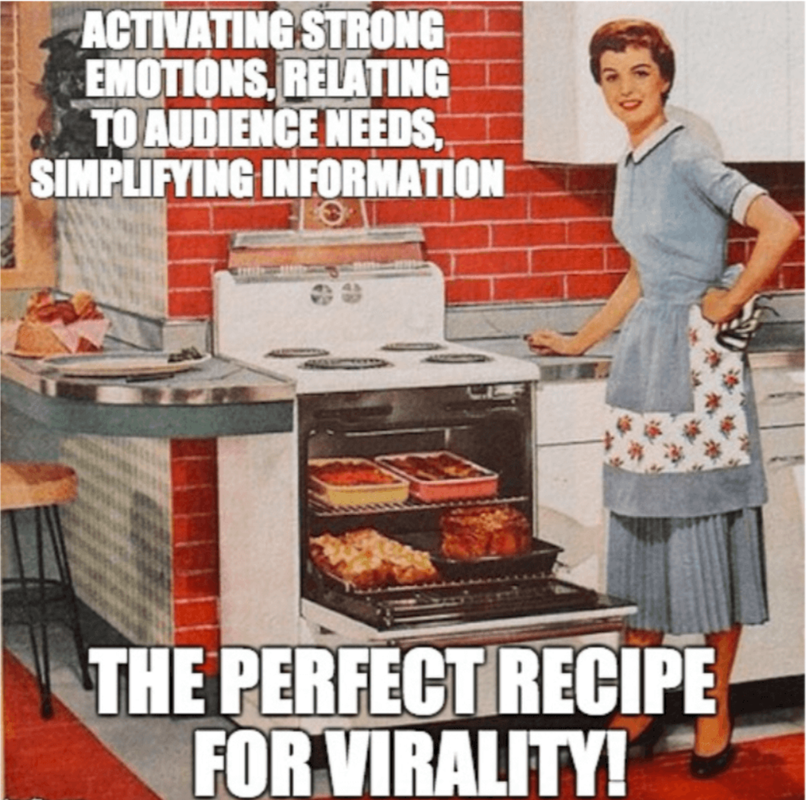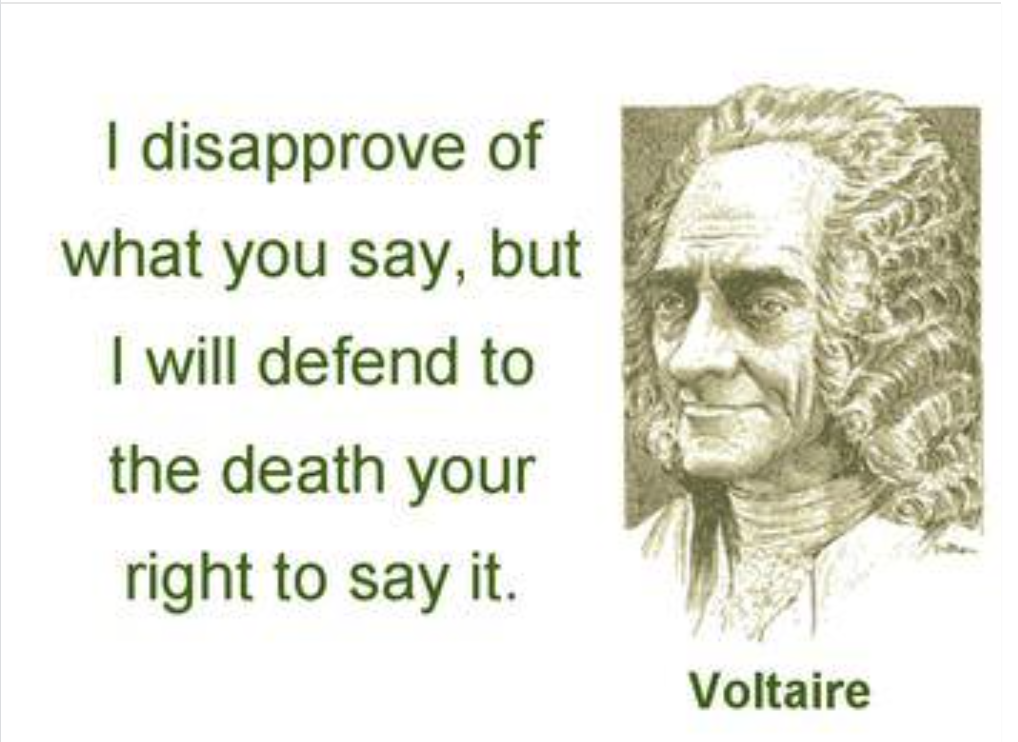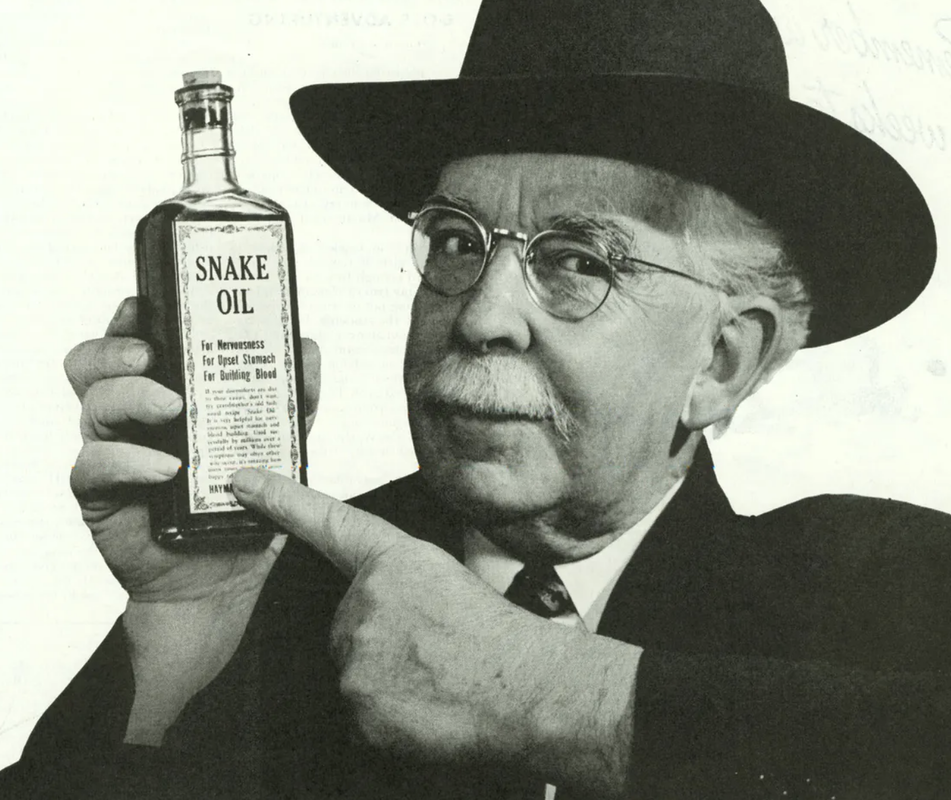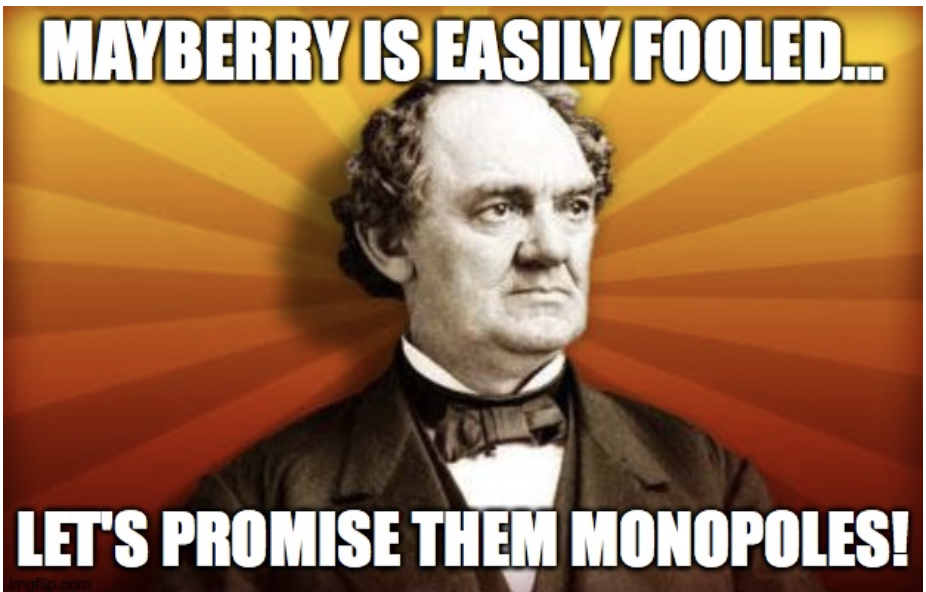Here's a look inside the sausage factory of biased news creation that demonstrates how the media lies to you, dear reader.
Our case study: Price of Progress: Grain Belt Express Pits Public Benefit and Private Property Rights in Race Against Climate Change. Kind of a screwy headline for a piece that was supposed to tell landowner's stories. The headline tells you a lot. Race? The idea that we have to hurry up and "beat" climate change by building a transmission line with with only one customer for less than 10% of the line's capacity is so much created hogwash. In the global picture, the effect of Grain Belt Express is infinitesimal. It won't actually "beat" climate change. But it will beat agriculture and struggling farmers in Missouri, adding a new impediment to their production and a burden on their finances and heritage.
There's a lot screwy about this story, but let's focus on just one "fact" in the story:
For the 39 municipalities in Missouri signed up to buy power off the line, it’s an estimated $12.8 million in annual savings.
The municipalities have not shown anyone their math since January 2017. That's 5 years ago. In 2017, the municipalities' witness at the Missouri PSC said:
As stated in the rebuttal testimony of Duncan Kincheloe, MJMEUC’s president and general manager, our current arrangement with Illinois Power Marketing Company (“IPM”) for 100 MWs of energy and capacity will expire in 2021, and that contract currently serves the needs of the Missouri Public Energy Pool (MoPEP). We have been actively considering sources to replace this energy and capacity.
In 2021, a contract for 100 MWs of energy and capacity with Illinois Power Marketing Company (IPM) (former Ameren coal plants in Illinois, now owned by Dynegy) will expire. That energy and capacity will need to be replaced. That contract currently serves MoPEP, a group of 35 Missouri cities for which MJMEUC provides full requirements for wholesale energy, capacity and ancillary services. The TSA with Grain Belt and the power purchase agreement with Infinity Wind would allow the MoPEP to replace the current 100 MWs of purchased power in MISO with more affordable energy. John Grotzinger will explain in his rebuttal testimony that while the TSA and corresponding contract with Infinity Wind will not by themselves replace the IPM contract, these contracts will form the cornerstone of the resource mix to replace the IPM contract.
But the reporter has been unable to say whether or not she verified this "fact" in her story. First she claimed it was an estimate, as if using that word absolved her of verifying the estimated number. When asked if she did verify the number, she stopped responding. I will presume that means the answer is no. What a pity! She was quite engaging and promised to tell the real story that others in the media were missing. But, in the end, she ended up repeating the same old out-of-date information from the municipalities and other corporate propaganda from Invenergy.
Is the media incapable of telling a factual story? Must all truth be ground up in the media sausage factory before it is presented to a public presumed to be too ignorant to come to its own conclusions?
Don't count on them to tell a factual story.









 RSS Feed
RSS Feed